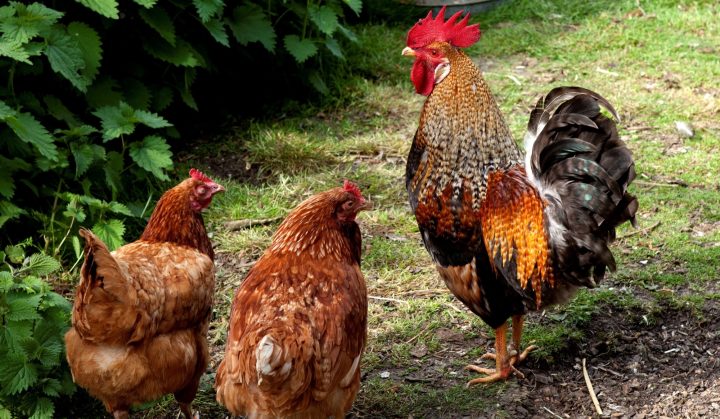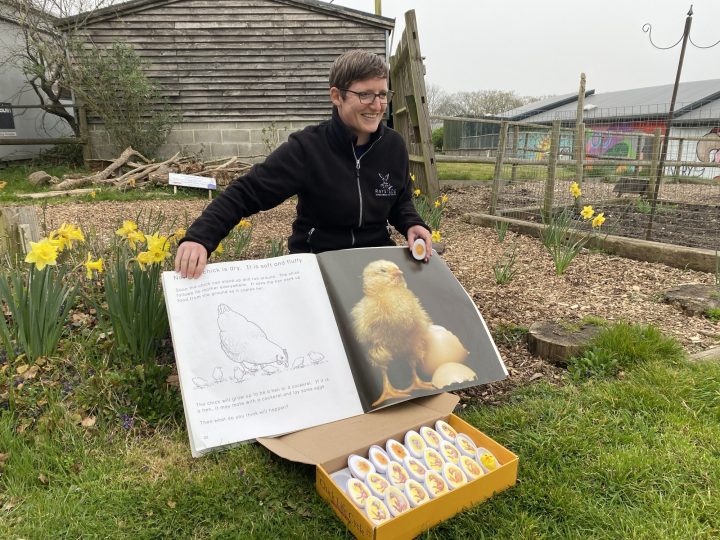Alternatives to using live animals
Naturally, we try to help with such birds whenever we can but we would like to encourage schools to refrain from using live animals for projects like these as it is not good for their welfare.
We have lots of suggestions for activities that can be done in classrooms that teach life cycles without the need to carry out a hatching project.
As an example, these kits are amazing for teaching chick development:
Learning resource kit 1
Learning resource kit 2
Alternatives to using live animals
Naturally, we try to help with such birds whenever we can but we would like to encourage schools to refrain from using live animals for projects like these as it is not good for their welfare.
We have lots of suggestions for activities that can be done in classrooms that teach life cycles without the need to carry out a hatching project.
As an example, these kits are amazing for teaching chick development:
Learning resource kit 1
Learning resource kit 2

